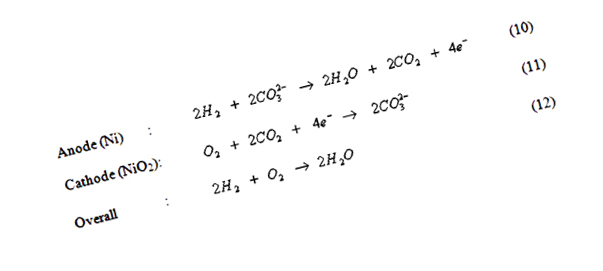South African tech firm Business Connexion is working on an ambitious plan to produce hydrogen fuel cells for domestic use, which it says may be ready for market within two years.
The project is the work of chief technology officer (CTO) Andy Brauer, who has been working on it since 2009. Brauer says that the inspiration for his work, and the reason it won the blessing of the board, was the search to a solution for its own business ventures throughout Africa.
“A lot of companies are talking about cloud computing and broadband in Africa,” Brauer explains, “But without enough energy to support the broadband network and the internet of tomorrow, they aren’t going to work. Even the smallest modules that make up the internet of things need energy to work. So to me the problem was addressing energy and having a stable base to drive forward with.
“A lot of the African countries where we do operate we have problems: sometimes there’s no common earth which causes a problem in the environment so we have to disconnect equipment, in other areas we have to run on diesel continuously. My job is trying to keep our company ahead of the curve through ideas that require research and patience to achieve.”
According to Brauer, an R2m prototype of a fuel system capable of powering a house using renewable energy sources to crack water into hydrogen fuel, and a fuel cell generator to turn it into a reliable supply of electricity, has already been built. He believes that a sub-R100 000 system should be commercially viable within 18 months.
Brauer unveiled his plans at the My World of Tomorrow expo in Sandton Convention Centre on Friday. He says that much of the technology is already affordable – a 230W hydrogen generator designed for use in science labs costs less than R25 000 and according to Brauer’s calculation is capable of producing enough hydrogen fuel for a day’s domestic use in just 10 minutes.
Brauer says that the system should be scalable from a single house to large industrial deployments.
If you want to find out more, check out our exclusive interview with Brauer on the details of his research by clicking here.

